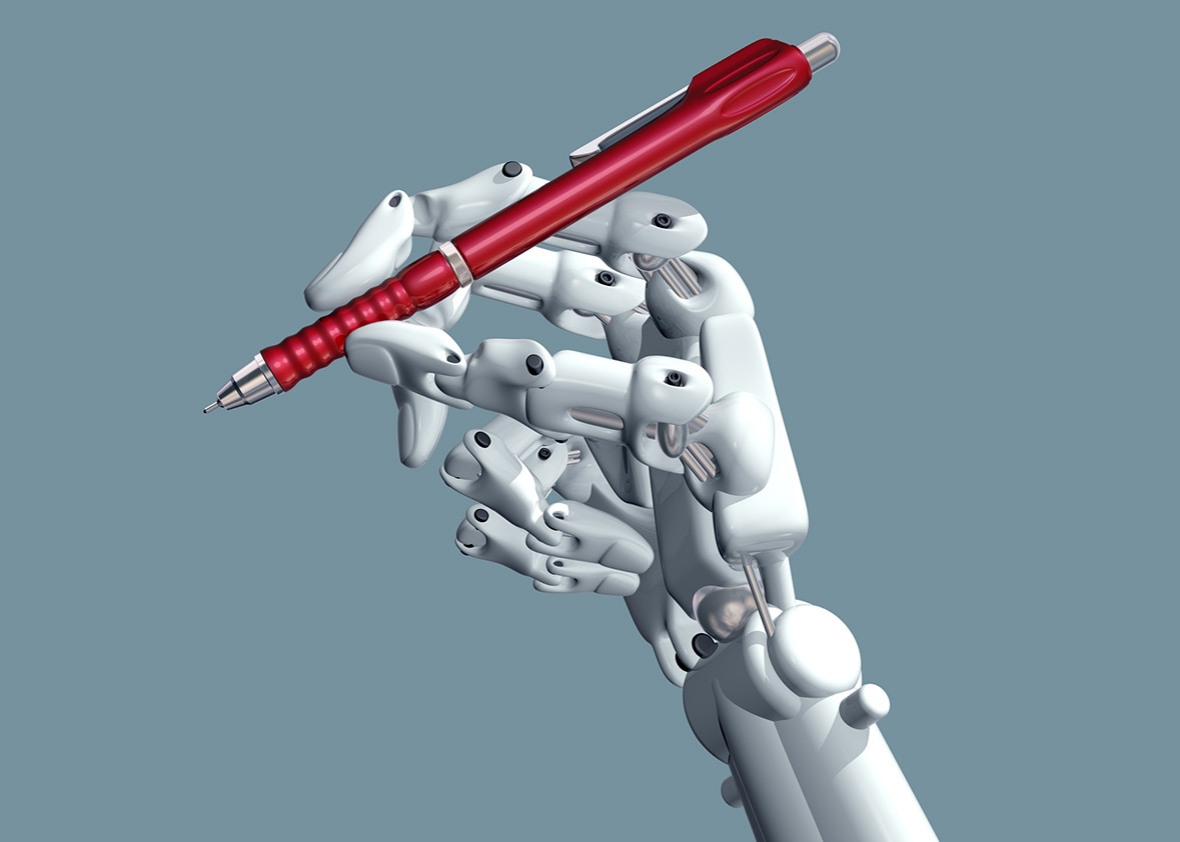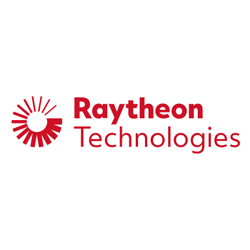This A.I. Sonnet Generator Shows That Robots Can Write Poetry but Can’t Tell Stories
- by 7wData

Accomplishments in artificial intelligence often suffer from the problem of moving goalposts: As soon as a machine or algorithm can accomplish something that has traditionally been the province of humans, we generally dismiss it. To replicate something with a machine is to show that it has always been mechanical, we just had the wrong machines. One aspect of human behavior that has reliably eluded mechanical reproduction is the creation of art. In the wonderful Spike Jonze movie Her, we are presented with a future in which A.I. is so advanced that it can produce an operating system that its hero falls in love with, but even that level of technological achievement is not enough to mechanize his job as a writer of romantic correspondence. Or as summarized more or less by many a person: “Sure, a computer can win at Go. But it could never write a poem or compose music that would make you weep!”
Well, we have some potentially disturbing news for those of you hanging your hats on those kinds of declarations. Google recently announced that their Magenta project, which makes use of new hot advances in machine learning called “deep neural nets,” has created a 90-second melody based on the input of four notes. (No word on whether it has made anyone cry, though.) A small competition we ran several weeks ago at Dartmouth College, the Turing Tests in Creative Arts, shows just how close we are to making robots who can make art. Our goal was to challenge the A.I.–interested world to come up with software that could create either sonnets, short stories, or dance music that would be indistinguishable to a human audience from the same kinds of artistic output generated by humans. While we didn’t get many submissions, those that did come in were very thoughtful, especially in the case of sonnets and dance music.
The dance music portion compared algorithmic DJ-ing to human DJ-ing. The human DJs were hidden from sight as students listened and danced. After each set, the dancers were asked to guess human or machine; two entries were statistically indistinguishable from the human DJs. This is interesting but perhaps not surprising. All of us, especially those who are college-age, have been listening (perhaps primarily) to computationally inflected and composed music for a long time. This artistic form is one that has already blended into computer-based production; our perception of the nature, and production, and attribution of art and culture evolves with acculturation.
In the case of the literary challenges, a panel of judges each reviewed a collection of sonnets or short stories and were asked to pick out those that were generated by a machine. While there were no winners for sonnets or stories (i.e., the judges were able to distinguish the machine-generated sonnets), in the case of the former, the programs were so smart and sophisticated that we couldn’t help but wonder if in a future running of the competition we would have a winner.
[Social9_Share class=”s9-widget-wrapper”]
Upcoming Events
Evolving Your Data Architecture for Trustworthy Generative AI
18 April 2024
5 PM CET – 6 PM CET
Read MoreShift Difficult Problems Left with Graph Analysis on Streaming Data
29 April 2024
12 PM ET – 1 PM ET
Read More




